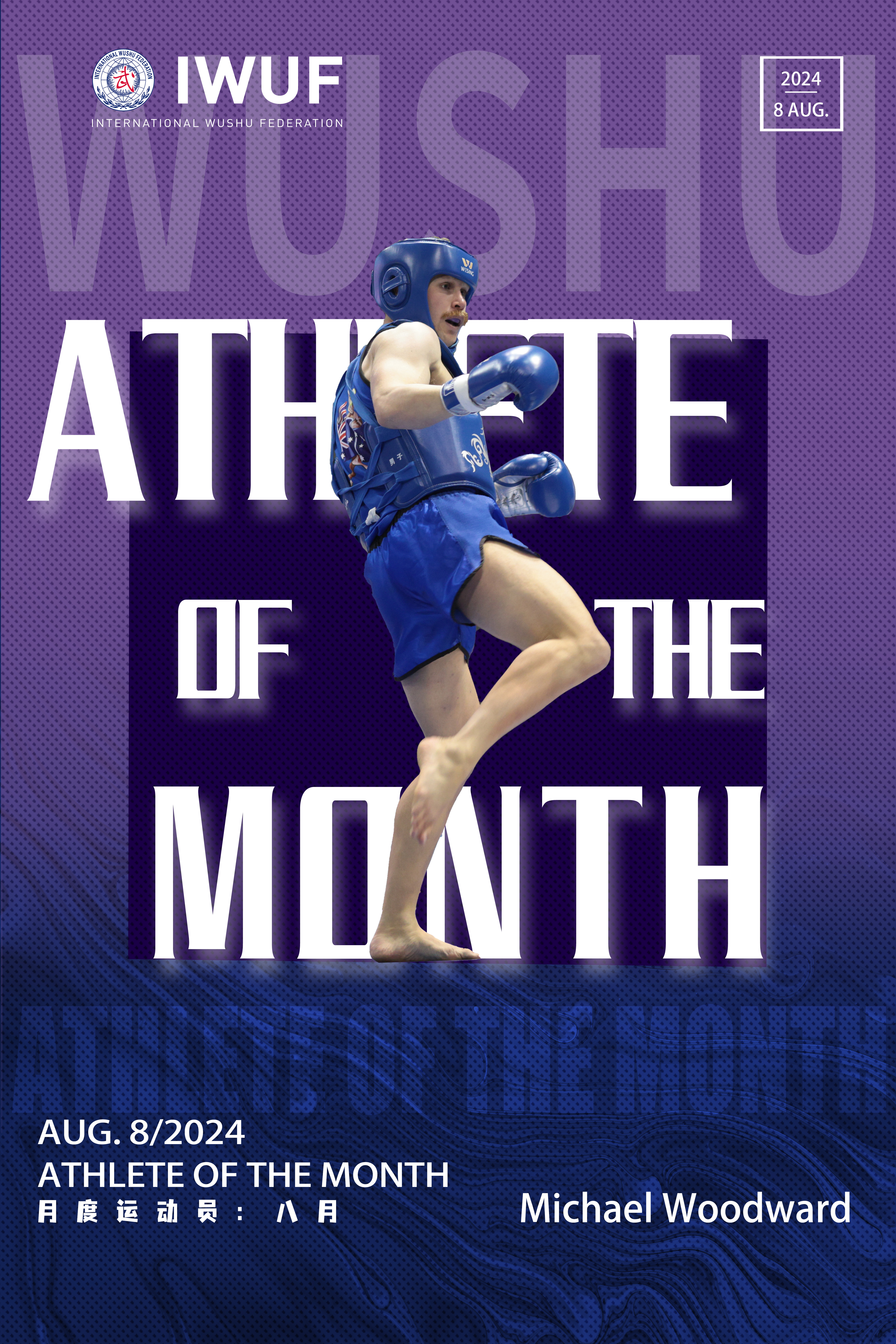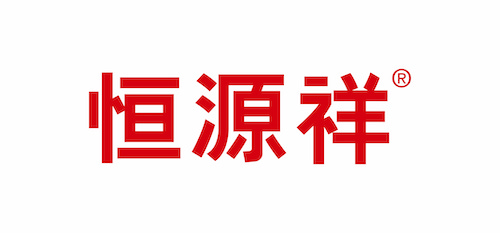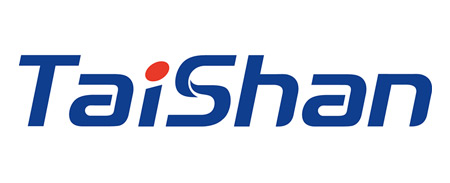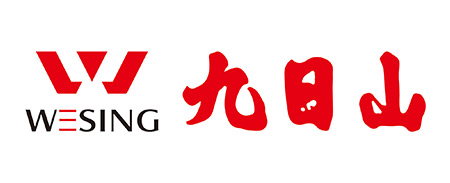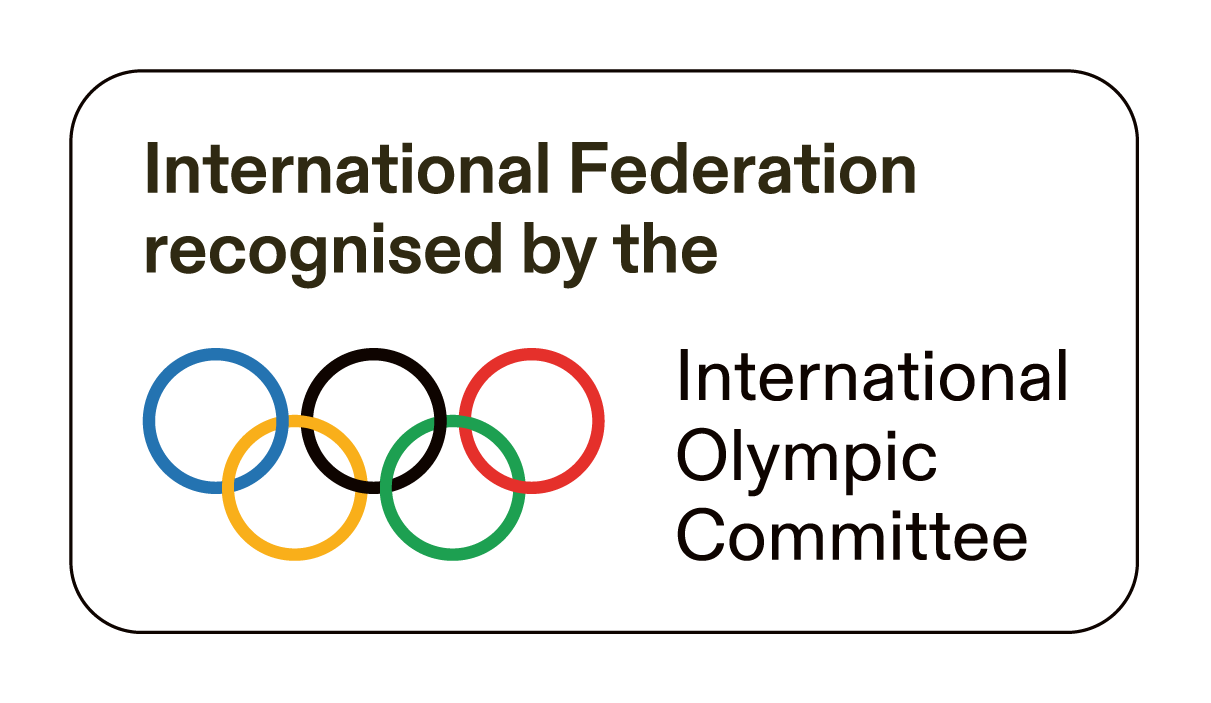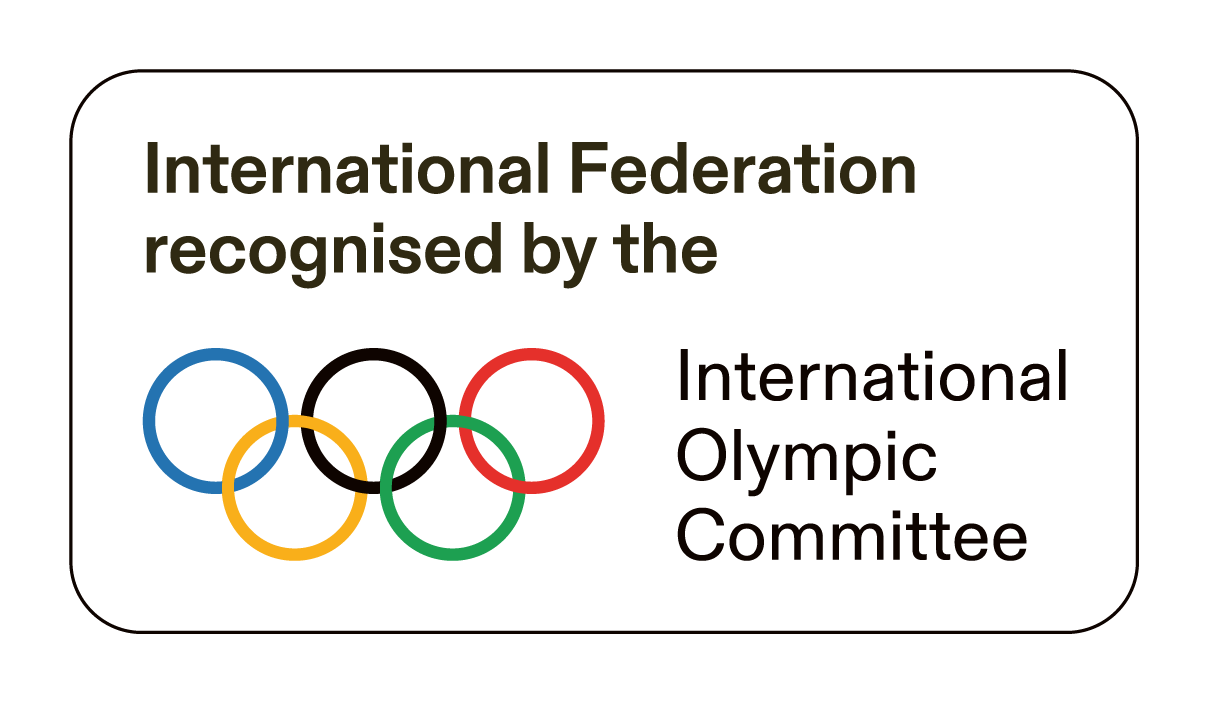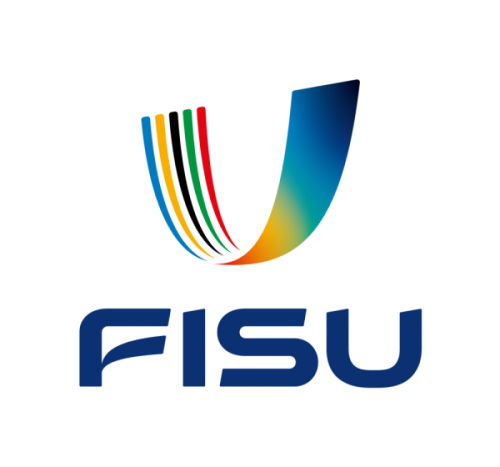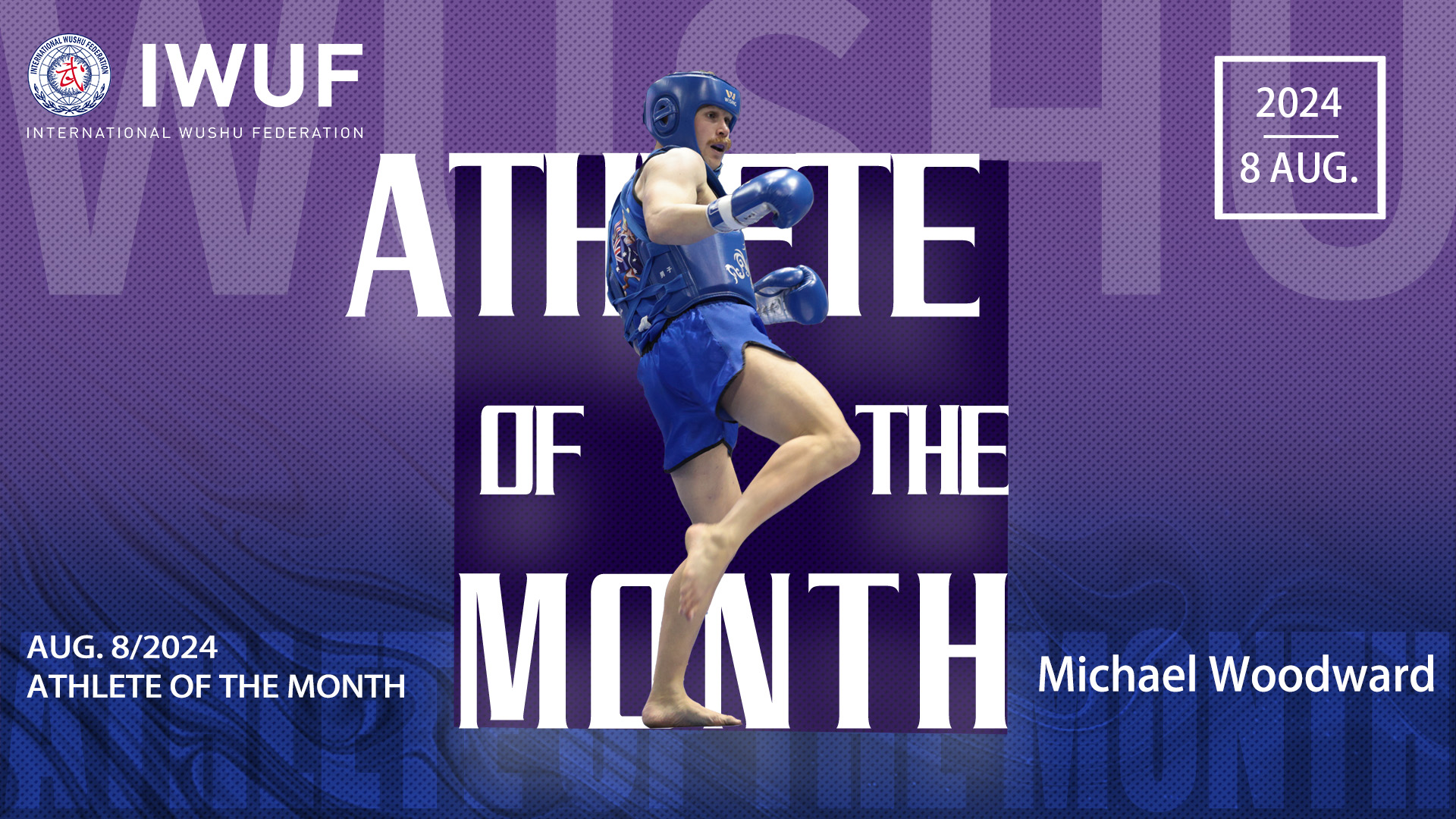
Australia’s Michael Woodward won the gold medal in sanda competition in the 85kg division at the 16th World Wushu Championships in Fort Worth, USA.
The former rugby player made Australian sport history with delivering the first-ever sanda gold medal for his nation.
Michael started competing in sanda at age 18 with local competitions and has had many wins – his current competition record in sanda is 12 wins and 1 loss.
He debuted internationally in Shanghai at the 15th World Wushu Championships in 2019,
and has won numerous medals in other martial arts full-contact competitions, but sanda remains a singular passion.
Owning his own gym, and working to help promote the sport, Michael’s vision is to spread the art of sanda in Oceana
and train a new generation of Australian sanda fighters to compete with a winning edge on the world stage.
Sanda Beginnings
Michael, currently 24 years old, was born in Port Macquarie, NSW, which is where he lived for the first 22 years of his life. “I started sanda,” he says, “when I was 16 years old. I didn’t really know much about martial arts, but I joined a local gym that was teaching, among other things, sanda. I had played rugby for many years, so I was no stranger to contact sports. I thought it was quite an interesting sport, and I was keen to progress. As it turned out, Kumiai-Ryu was practically one of the only gyms in Australia that was teaching sanda, and it was otherwise unknown.”
“I was very nervous for my first sanda competition,” Michael describes. “I didn’t start competing in sanda until I was 18, two years after I started, and I had only had two kickboxing fights before it at this point. My first competition in sanda was a tournament style competition in Sydney, with several fighters to get through on the day. Leading up to this event, I had really just been focusing on fast kicks and good defensive boxing. Along with sanda, I had also been training in Muay Thai, which I was also passionate about. To my surprise and delight, I managed to beat three people on the day and win a gold medal.”
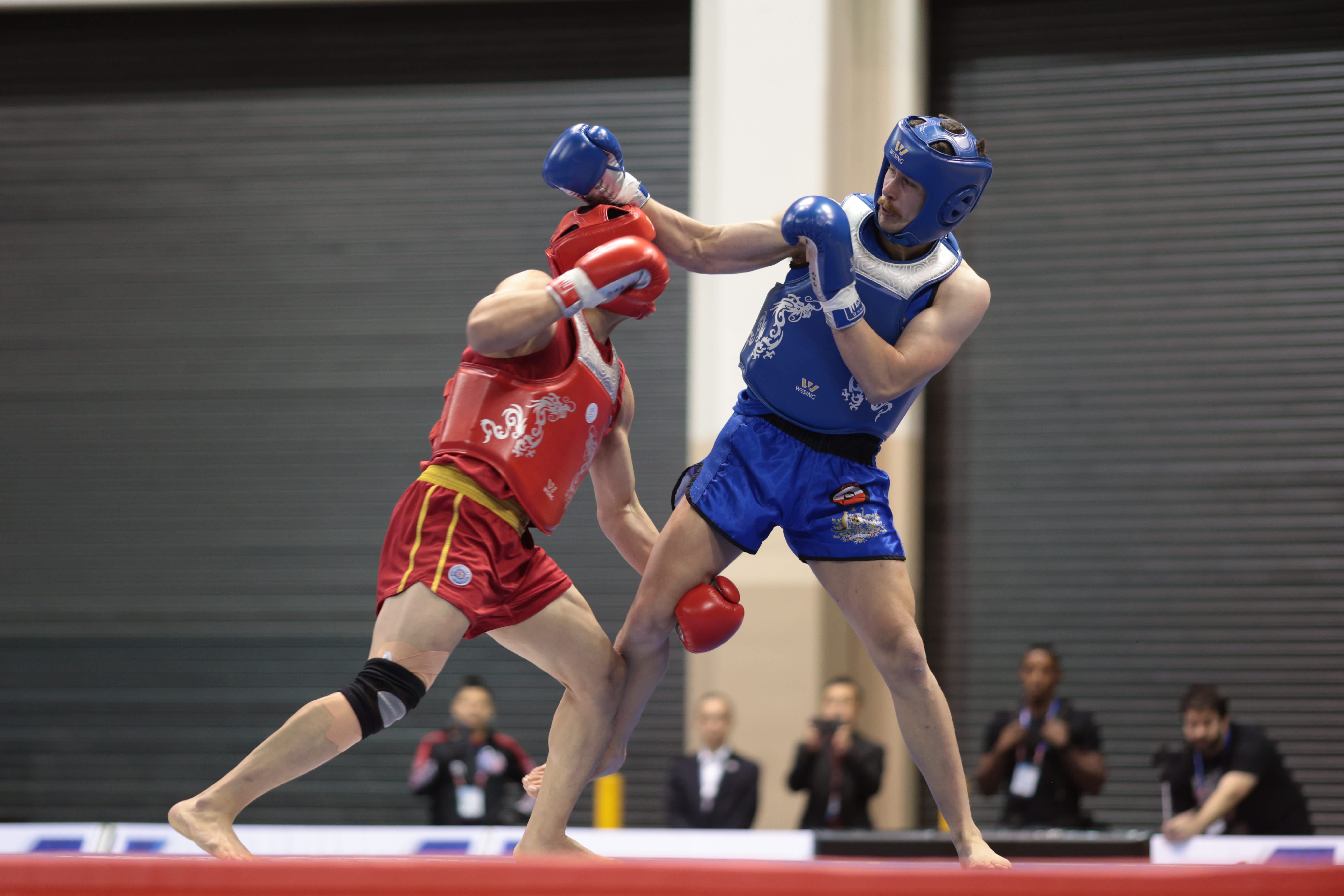
Michael’s international fighting debut in Shanghai would prove to be less auspicious. But it truly opened his eyes to world-class sanda. “My first international sanda bout,” he recalls, “was at the 15th World Wushu Championships, where I went up against China in the first round. This was by far the biggest sporting event I had ever been a part of, and in the moment, I froze up. I struggled to even move when fighting, and ended up losing an absolute defeat. To date, this is still my only loss in sanda.”
Golden Journey to Redemption
What began as a crushing defeat opened Michael’s eyes to the possibilities of sanda in his sport career. After a pandemic hiatus in competitions, he would come back to triumph at the 2023 World Wushu Championships in Fort Worth – and make Australian sport history with winning the first-ever sanda gold medal for Australia. His defeat in Shanghai was formative – and he realized what he needed to do to win.

“I have never been more dedicated to training,” Michael says, “and I pushed myself as hard as I could when I found out that I would get to compete at these World Championships. For hours each day I was smashing out cardio and doing bagwork to get into peak condition. When arriving in Fort Worth, I simply couldn’t wait to compete, especially once I saw the magnitude of the event, and all the other competitors were ready to go. Truly, winning the gold medal has been the pinnacle of my martial arts career so far, and I was completely elated to win.”
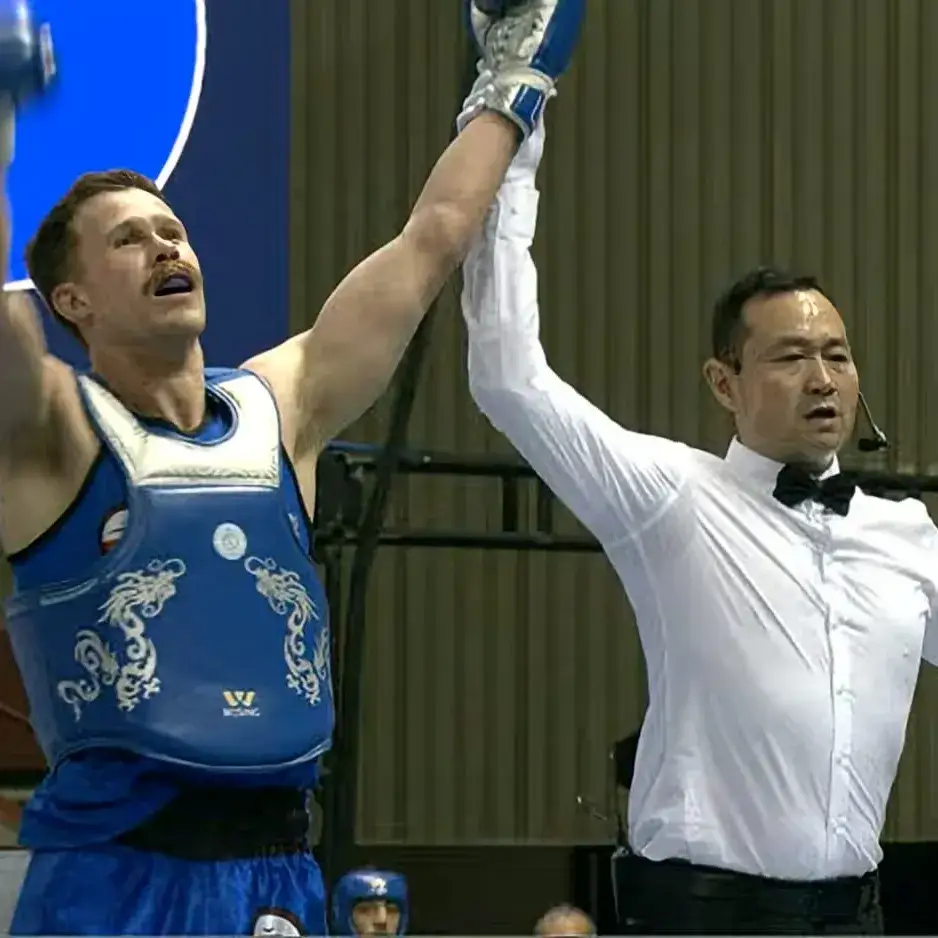
To clinch the gold, Michael would need to defeat experienced opponents from Lebanon and the USA. He describes his strategy. “My strategy, he says, “is always to beat them on skill, and if the skill isn’t enough, then make it messy and wear them out. Bruce Wang, I felt was an equally skilled sanda athlete, however I could see after the first round that he was tired. Similar to my fight with Lebanon, my strategy turned to high volume attacks to rapidly wear out and tire my opponent. I focus very heavily on cardio in my training camps so that I can always outlast my opponent. I felt so passionately about winning, because I would very much like for sanda to grow in Australia. I think it is an incredible sport that simply doesn’t get enough exposure in Australia, and I’m hoping that with support from the IWUF -- now that Australia has shown that it can hang with the best -- that it will start to grow.”
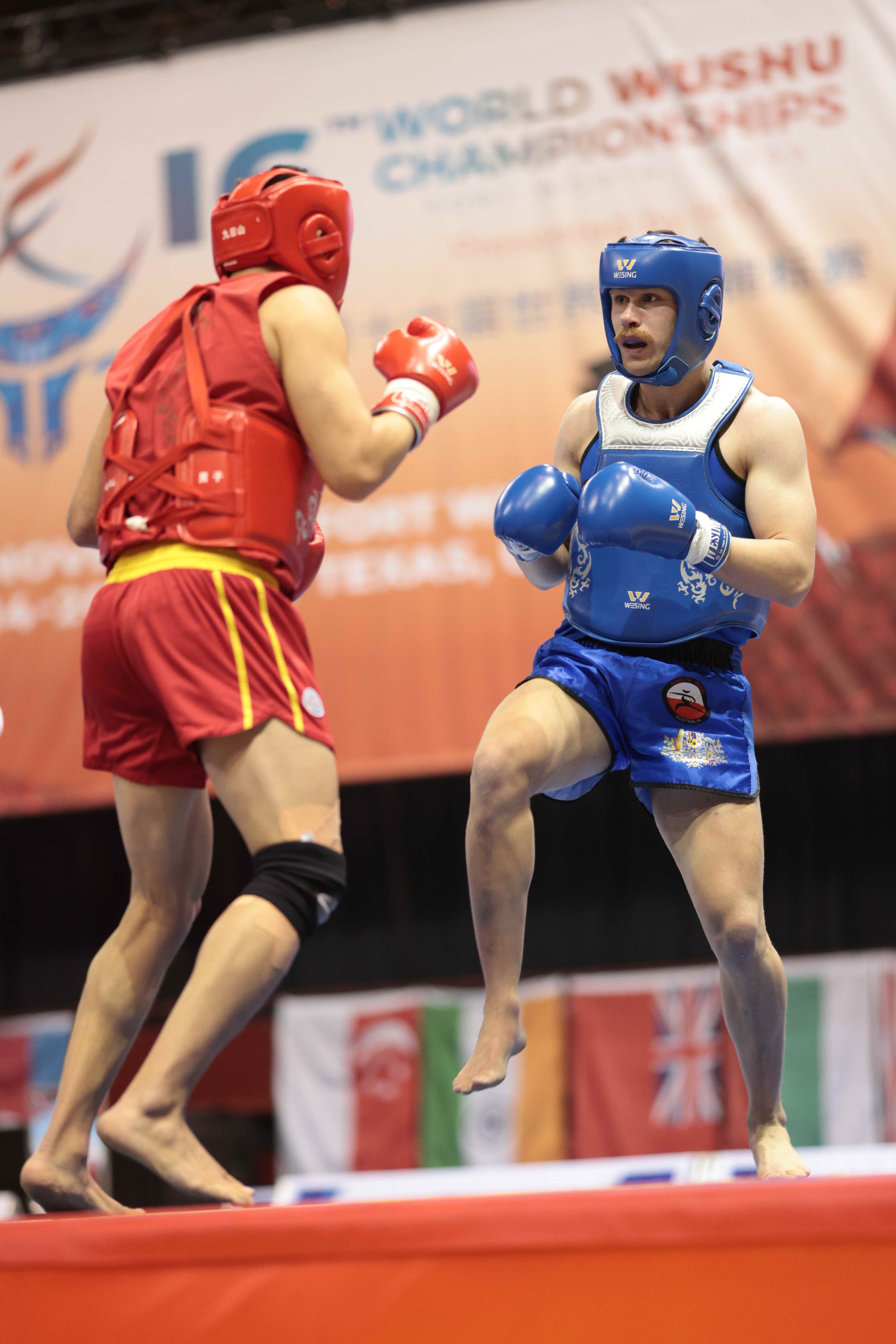
Sanda Training
Michael likes to fight at the 85kg weight class, and this plays into his overall competition strategy. He says, “85 kg is pretty much as heavy as I could fight. I could quite possibly make it down to 80 kg, however I also feel that there is an edge to fighting close to my walk around weight. Obviously, the drawback is that my opponents who are potentially cutting some weight will be bigger than me on the day. The benefit is that with weight cuts comes a loss in cardio and endurance. I use that to my advantage, trusting that endurance will beat size.”

While some countries offer financial support and well-endowed sport infrastructure to help develop sanda fighters, the sport is relatively obscure in the land down under. To compensate, they diversify their training and rely greatly on self-motivation. “Unfortunately,” Michael notes, “we have quite a small sanda team in Australia, and my other sanda team mate, Nicole, lives quite far away from me. I own my own gym on the Gold Coast, where I teach others and mainly train myself. Nicole is also very active in Muay Thai, and much of our training is also split into other sports.”
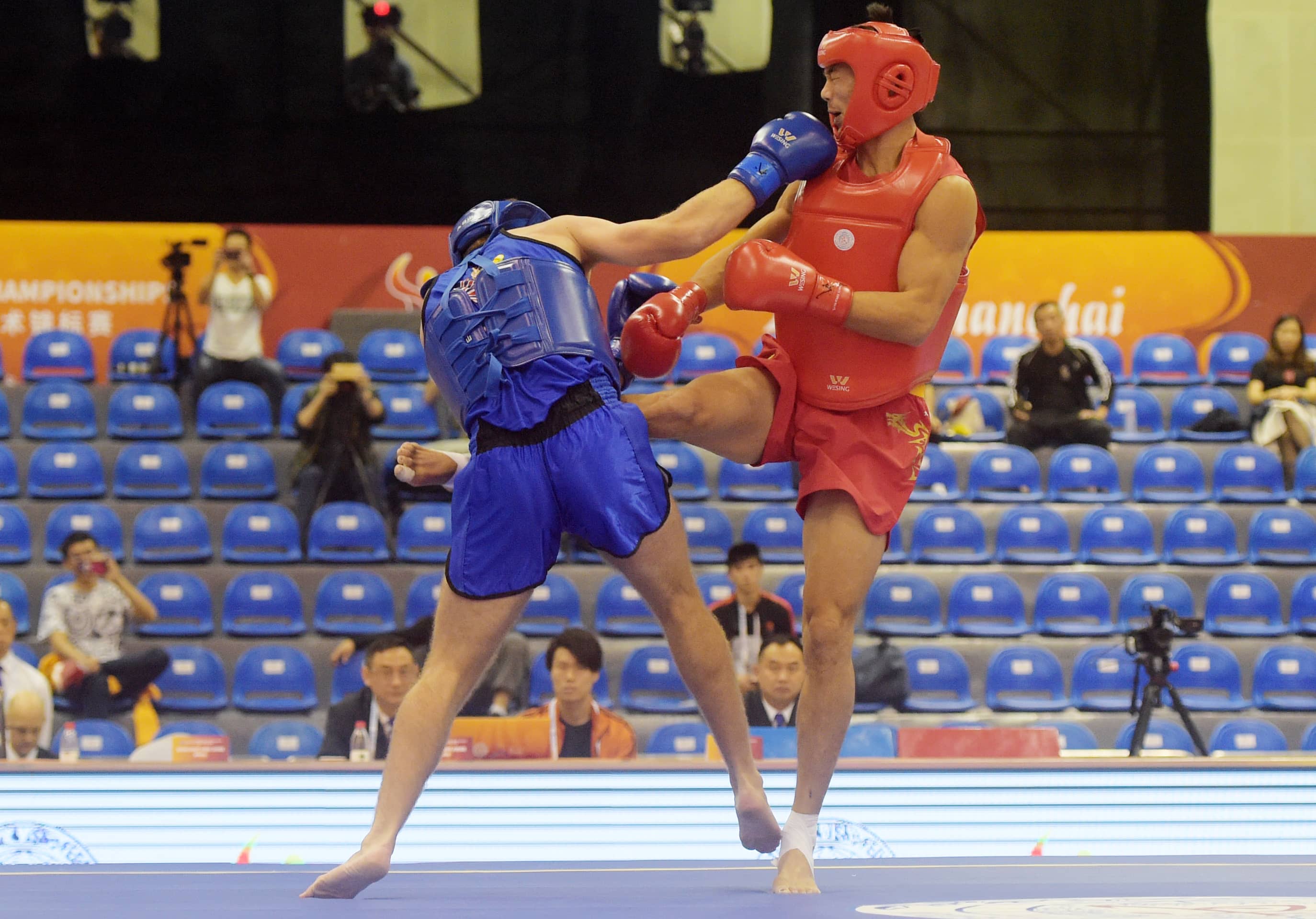
However, sanda competition has ignited a passion in Michael, and his World Championships experiences have only fanned the flames. “I’m simply just a very big fan of the magnitude of these wushu events,” he states, “and to see so many people from all over the world joining together in a shared love of sanda.”
Due to a relative dearth of sanda events in Australia, Michael also keeps his skills sharp competing in Muay Thai, which offers unique advantages. “Sanda gives me a unique edge in other combat sports,” he notes, “just the same way that Muay Thai gives me an edge in sanda. Training in multiple styles has helped me to develop a unique style. Many people describe me as awkward to fight and unconventional. This comes from training and competing in so many styles. At the end of the day, I just love combat sports and I want to compete for as long as I can.”
Sanda Life
Michael currently owns his own gym where he teaches Muay Thai, Sanda, MMA and Brazilian Jiu Jitsu. “I mainly train myself these days for competition,” he says. “I focus heavily on cardio, bag work and shadowboxing to increase my endurance and skill.”
However, there are some other obstacles in his sanda career he works hard on overcoming. “For sanda,” Michael says, “the biggest obstacle has been the lack of competition opportunities in Australia. Here in Australia, there are few opportunities to compete. Between the 15th WWC and the 16th WWC, I only had 1 sanda fight as it was all I could get. Having little opportunity to compete has made it hard to refine my sanda skills, however supplementing with Muay Thai and MMA has still been beneficial.”

Michael continues, “I am fortunate enough to own my own martial arts gym, which allows me to dedicate a lot of my life to combat sports. Outside of that, I am also a support worker. My family, especially my Mum, has been very supportive of my martial arts career and I couldn't have done it without her.”
Sanda Passion
We asked Michael about his hobbies outside sanda, and he replied, “I like playing chess! But I don't do it competitively. Truly, I don't spend much time doing anything other than martial arts. It is my complete passion.”
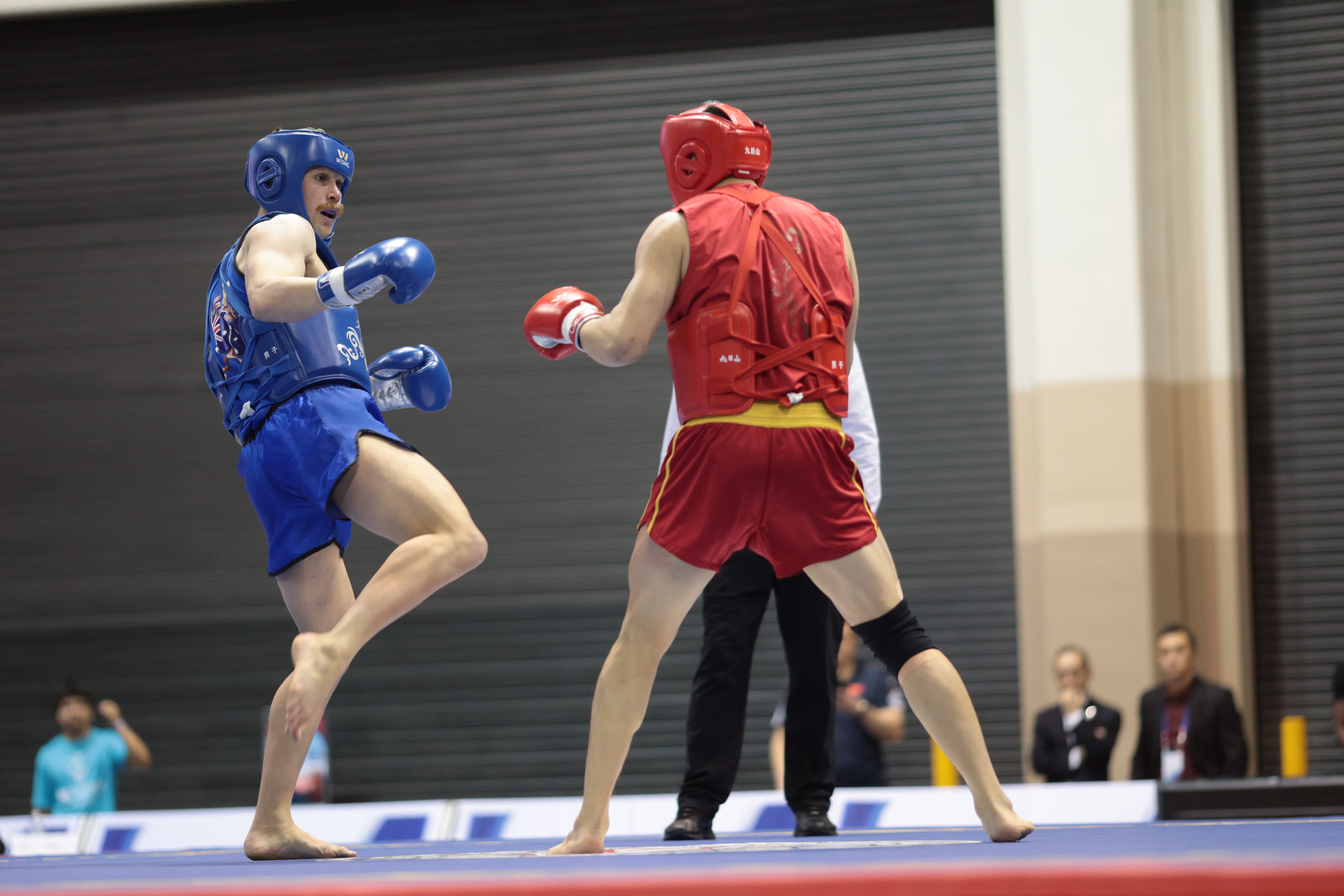
Michael’s passion may be the perfect key to promoting and developing sanda in Australia and Oceana. His recent World Championships gold medal has already helped bring more attention to the sport in his community, but he also believes in being hands on and making change happen himself, especially to bring sanda to a new younger generation in Australia. He is optimistic. “I'm certain that the caliber of combat athletes in Australia is high enough to do very well in sanda,” he says. “It just doesn't have enough exposure yet and there aren't enough opportunities to compete. I believe sanda is an even better base for MMA than Muay Thai, so for aspiring MMA athletes, sanda would be an excellent way to get into it. I am hoping that with my own gym, I will be able to produce some more athletes to help grow sanda in Australia as well.”
“Sanda,” Michael continues, “has provided an incredible pathway for me to compete on the world stage and test my skills against some of the best. My goal in sanda is to win more world championships, and to grow the sport in Australia.”
The 10th Sanda World Cup will be held this November in Melbourne, Australia. As the gold medal champion, Michael is automatically qualified to fight in this elite event, and having it hosted in his home country is enormously thrilling. Already he is training hard every day with his eyes on the prize. He concludes, “The fact that this world cup is in Australia is only making it more exciting for me. I am going to win the World Cup and show everyone in Australia how great sanda really is.”








